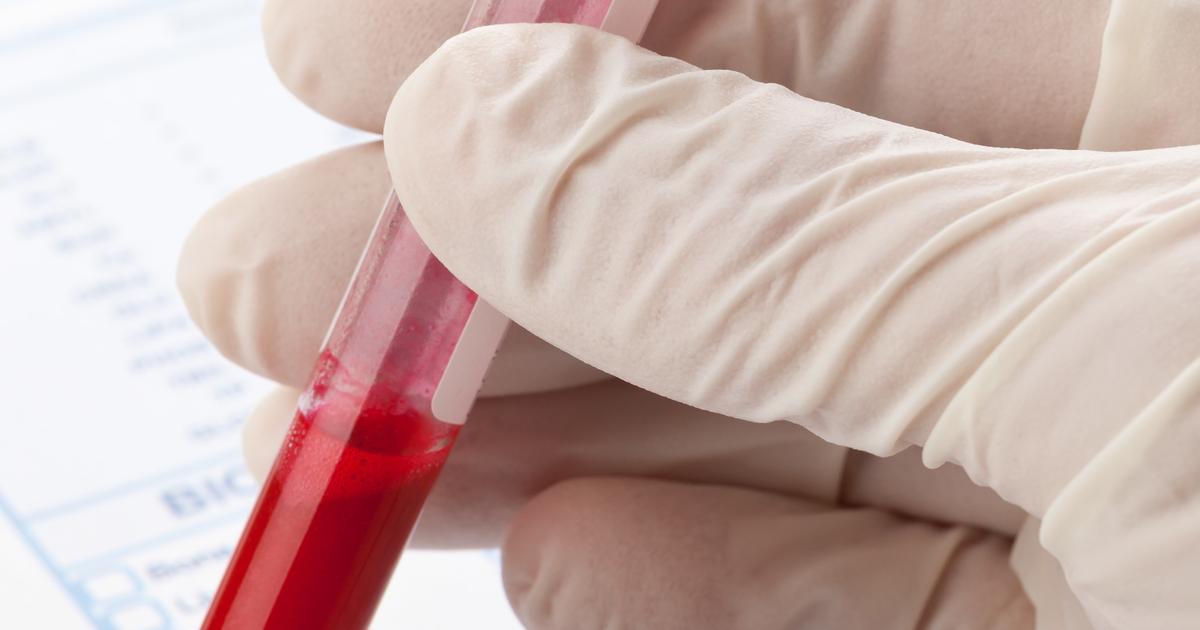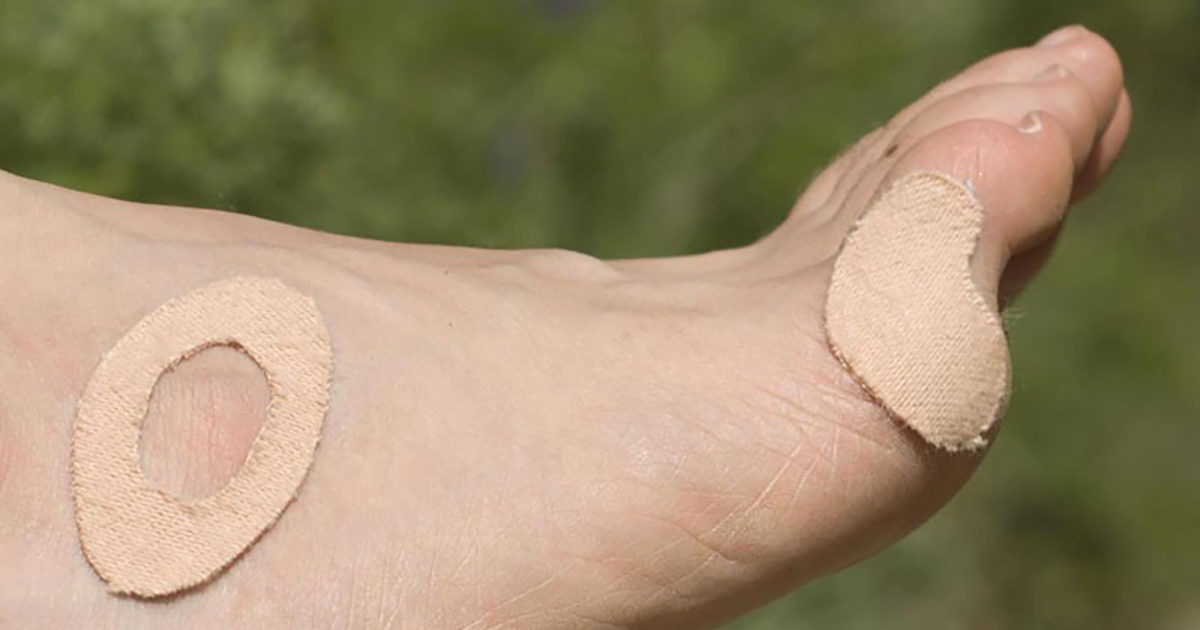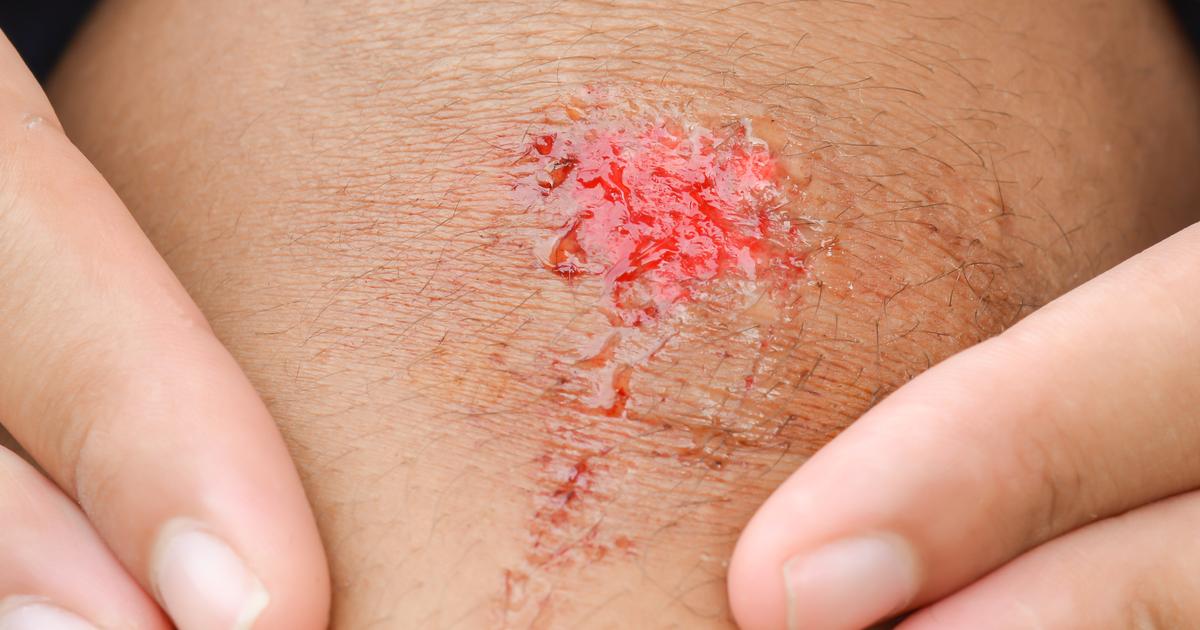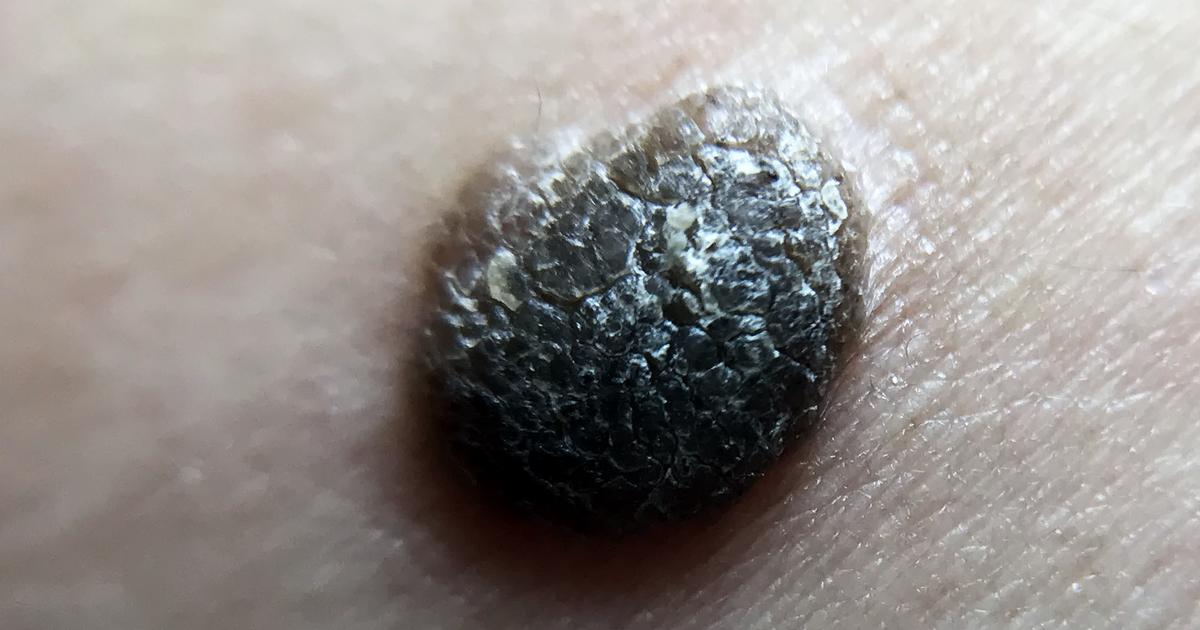Ways To Detect Cancer Early
According to the American Cancer Society, over 1.6 million new cancer cases will be diagnosed in the United States annually. In addition, they claim that over 600,000 cancer-related deaths will occur in the United States each year. This does not account for the statistics around the world. After heart disease, cancer is the leading cause of death in the United States.
Thankfully, if patients are lucky and catch their symptoms early, many different types of cancer are treatable. Cancer treatment varies based on the type a patient has, but typically includes chemotherapy, radiation therapy, and immunotherapy. Surgery to cure cancer is also common when doctors need to remove a tumor.
Persistent Cough

Having a persistent cough with no other symptoms could just be a sign of an upper respiratory illness such as bronchitis or sinusitis. Although both may require treatment, they are not significant concerns. However, if a persistent cough is accompanied by blood-tinged saliva, a persistent cough may be a sign of cancer. If individuals spot a little blood in their saliva when they cough, it could be a sign of lung, neck, or head cancer. Thus, individuals should seek treatment as soon as possible if they have a cough that lasts more than a month or if blood is present.
Blood In Stool

Blood in the stool could indicate an inflammatory bowel disease such as Crohn's disease or ulcerative colitis. These are uncomfortable conditions, but they are manageable. However, in some cases, blood in the stool may also be an indication of colon cancer, because tumors can grow in the digestive tract and cause pressure. Recurring ulcers and hemorrhoids are also known to cause rectal bleeding. Even though they are quite common, patients should still visit a doctor to inspect their digestive tract and see if the bleeding persists to rule out cancer.
Low Blood Count

Unexplained low blood count or anemia may be an indication of cancer in an early stage. Anemia is characterized by a lower than average number of red blood cells in the body. Many causes of anemia exist, such as iron deficiency. However, some types of cancer are known causes of anemia, particularly bowel cancers. Doctors may perform an endoscopy, colonoscopy, or X-ray of their patient's intestinal tract to rule out cancer. Either way, it is essential to have a low blood count investigated to determine the cause and subsequent treatment, even if cancer turns out to not be the cause. Even anemia due to low iron needs treatment so patients can live a healthy life.
Lumps

About ninety percent of men with testicular cancer have a slightly uncomfortable or painless lump on a testicle. Similarly, many breast cancers are diagnosed early by the detection of a lump on or in the breast. Other common symptoms of these types of cancer include a swollen testicle or unusual breast discharge. In the majority of cases, a biopsy will be taken to rule out cancer. Men and women should perform routine self-examinations to check for lumps. If anyone is unsure of how to perform one, they can consult their primary doctor for instructions. There are several ways to perform a self-examination, so patients can pick which works for them.
Changes In Urine

A sudden shift in the frequency, color, or smell of urine may be a sign of bladder cancer. Changes in urine individuals need to watch out for include frequent urination, blood in the urine, slow flow, and a change in bladder function. They even need to be aware if they pass small amounts of urine with an increased amount of pressure. These changes might be the result of a urinary infection or an enlarged prostate gland. However, as mentioned, bladder cancer is also a possibility. Thus, a doctor should check patients experiencing these symptoms to rule out cancer or catch it early.
Changes In Warts And Moles

Many individuals are born with a mole or two. In addition, warts can turn out to be just a temporary infection from the human papillomavirus family. However, if there are unusual or frequent changes in any skin growth, particularly warts or moles, it might be a sign of skin cancer. This includes the sudden appearance of a mole or wart. Changes to be watchful of include bleeding and irregular edges. Larger moles should always be checked by a doctor, as they are at a higher risk of becoming cancer than smaller moles. Removing a mole, thankfully, is straightforward. It may prevent the likelihood of the growth developing into cancer and spreading to other body parts.
Heartburn And Difficulty Swallowing

Chronic heartburn and consistent difficulty swallowing are two significant signs of cancer, particularly if they appear together. Barrett's esophagus is characterized by frequent heartburn and exposure to stomach acid. In rare cases, this condition may develop into esophageal cancer. Esophageal cancer, incidentally, is typically characterized by the patient's difficulty in swallowing solid food. Thankfully, however, this cancer can be treated with medication and surgery. Everyone should have consistent problems swallowing checked out, particularly elderly patients. Adequate nutrition, after all, is a vital part of staying healthy.
Abnormal Vaginal Discharge Or Bleeding

Most women experience some form of spotting or discharge between their periods. However, since the amount and frequency can vary, there is no universal definition of what is considered abnormal vaginal discharge or bleeding. Instead, each woman should get familiar with her body and its cycle. This way, every woman can tell when something is abnormal for her and her body. An unusual amount of blood or discharge, after all, can be a significant sign of cervical cancer.
Of course, while there is no universal indicator of abnormal, there are still good places for women to start. Other signs of cervical cancer are pain or bleeding while urinating or during intercourse. Women should seek treatment immediately if the bleeding lasts more than two days and is not related to their menstrual cycle, or if they are postmenopausal and experience vaginal bleeding. Regular pap smears can detect early stages of cervical cancer.
Sores That Do Not Heal Or Genital Itching

Other significant signs of cancer, more specifically precancerous cells, are sores that do not heal (or heal quite slowly) and a persistent itching in the genitals. Some precancerous cells may cause skin discoloration. Thus, it is crucial for patients to check with their doctor if they have sores that do not seem to heal so they can diagnose or rule out other medical conditions, such as a fungal infection or psoriasis. Patients should also speak to their doctor if they have mouth sores that refuse to heal, especially if they smoke, since mouth sores can indicate mouth cancer.
Persistent Back Or Bone Pain

Back pain can occur for many reasons. However, before patients rule it out as a daily complication, they need to be sure it is not an indication of cancer by speaking to their primary doctor. Persistent back pain might be an indication of cancer in the spine. Unlike typical back pain, such as pain caused by an improper mattress, back pain due to cancer can cause tenderness or discomfort deep in the bones. Some cancers, such as prostate cancer, are prone to spread to the bones. For many cancers, bone pain can be the first indication of the disease.
Loss Of Appetite

Many medical conditions, such as the flu, common cold, and even depression, affect the patient's appetite and make them feel quite a bit less hungry. Cancer is among the more serious conditions that can affect a patient's appetite. It does this in a few ways, including changing the body's metabolism and slowing it down. Furthermore, certain types of cancer, such as stomach, colon, and pancreatic cancer, can put pressure on an individual's stomach. This pressure can make patients feel too full to consume as much food as they are used to eating. When cancer progresses, it can affect the appetite even more, even as a side effect of treatment. Either way, however, appetite loss can appear as an early symptom of cancer.
Extreme And Persistent Fatigue

Everyone gets tired now and again. It is important to note that fatigue due to cancer is not the same as being tired one day after not getting enough sleep the night before. It is not easily fixed by taking a nap, getting a good night's sleep, or drinking some coffee. Extreme and persistent fatigue due to cancer is often described as tiredness that affects the entire body and often disrupts the individual's life. Cancer fatigue can make it difficult for patients to participate in normal activities. It may also affect their relationships as a result.
Fatigue occurs with cancer for a variety of reasons. In lymphoma and leukemia, the cancer cells within the patient's bone marrow can affect the production of blood cells, leading to anemia and subsequently, fatigue. Stomach cancer can result in anemia due to blood loss in the bowels, again causing fatigue to develop. Other cancers can cause fatigue by disrupting hormone functioning, secreting cytokines, and through the metabolic processes of tumors.
Persistent Fever

A fever is a common symptom of an infection or a similar issue in the body. While a fever is often applied to someone suffering from an illness like the flu, certain kinds of cancer can trigger a fever as well. Specifically, kidney cancer, liver cancer, as well as leukemia and lymphoma, can also cause a fever. Fevers caused by cancer do fall and rise again during the day, often peaking at the same time. Patients should speak to their primary doctor if they are suffering from a fever above 100.5 degrees Fahrenheit for longer than a few days.
Skin Changes

Changes in the skin are a common way of detecting skin cancer early. Of course, not all changes in the skin are signs of skin cancer. Instead, individuals should look for a growth on their skin that begins to look different. This includes an existing mole changing or a sore on the skin that does not seem to be healing. Specific changes in the skin patients should consult a dermatologist for include spots that change color or get bigger or thicker. They should also talk to a dermatologist if the marks are bigger than an eraser on the end of a pencil or have an oddly shaped border.
Unexplained Weight Loss

Reports indicate that weight loss can occur as an early symptom of cancer in as many as two out of every five patients. Weight loss in cancer is not the same as weight loss due to dieting. Instead, cancer weight loss does not appear to have a clear cause. It is vital for individuals to speak to a doctor if they notice they are experiencing any unexplained weight loss. While it may not be cancer, since other medical conditions can cause this kind of weight loss, it is still something worth checking out. Weight loss can also occur during cancer treatment as a side effect. In fact, the number of cancer patients who lose weight often increases during treatment.
